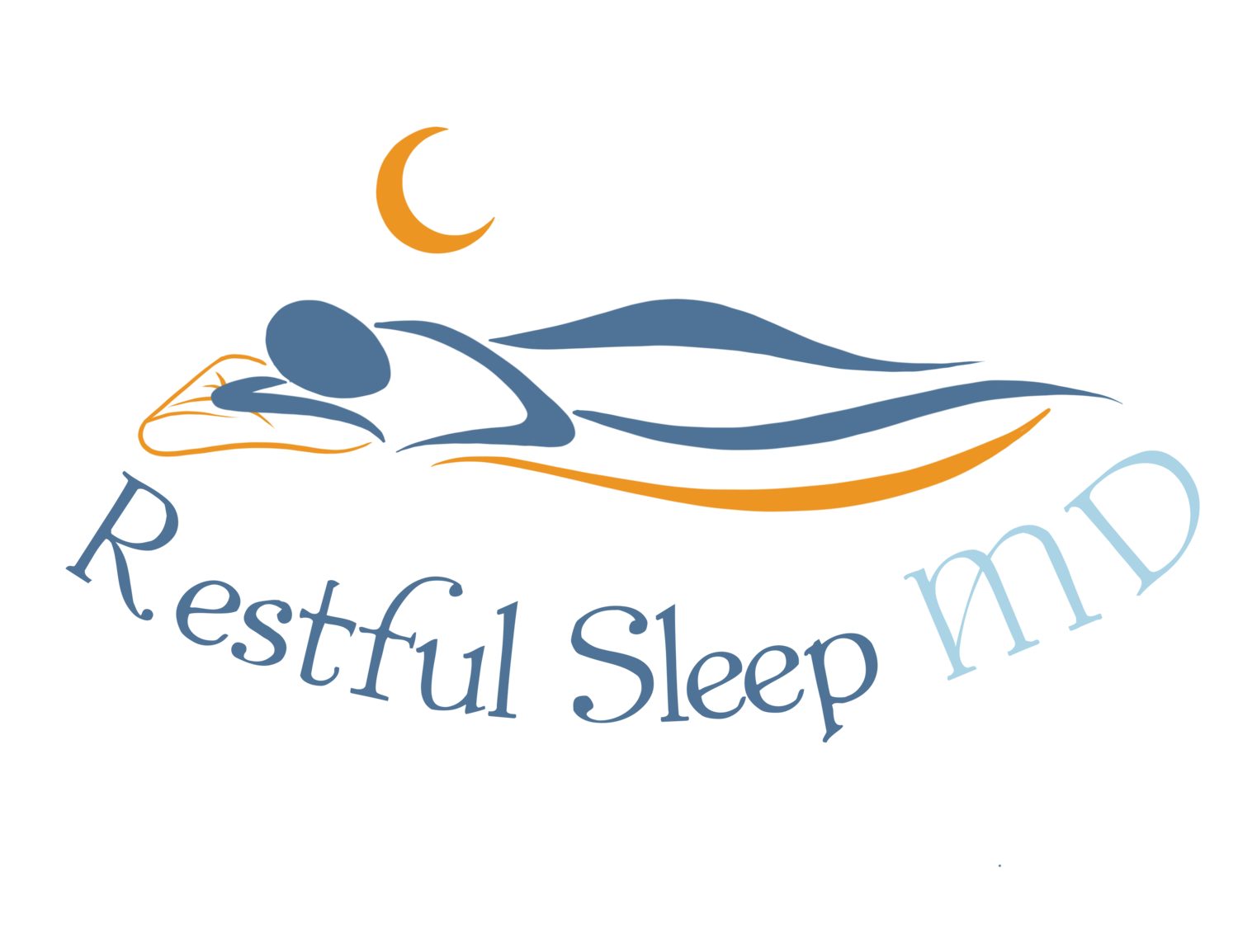A Parent’s Guide to Melatonin Use in Children: What You Need to Know
If your child struggles with sleep, you’re not alone. Many parents experience the frustration of bedtime battles, frequent night wakings, or early morning risings. In the search for solutions, melatonin is often recommended as a natural sleep aid—but is it really the best option?
While melatonin is widely available and marketed as a safe, natural sleep supplement, there are important things to consider before using it. In this guide, we’ll break down the risks, benefits, and safe use of melatonin for children, plus when to seek alternative solutions for better sleep.
Before Reaching for Melatonin: Address the Root Causes of Poor Sleep
Many childhood sleep issues can be resolved without medication. Think of sleep struggles like any other health concern—before taking medicine, we need to identify and address the root cause.
Common Reasons Kids Struggle with Sleep
🚫 Too much screen time before bed – The blue light from phones, tablets, and TVs suppresses natural melatonin production, making it harder to fall asleep.
🚫 An overstimulating sleep environment – A bedroom that is too bright, noisy, or warm can prevent deep, restful sleep.
🚫 Inconsistent bedtime routines – Kids thrive on routine. Without a predictable bedtime schedule, their bodies don’t get the right signals for sleep.
🚫 Underlying health conditions – Sleep difficulties may be linked to ADHD, anxiety, sleep apnea, or sensory processing issues.
🚫 Emotional stress – School pressures, social challenges, or family transitions can disrupt sleep patterns.
What to Try First Instead of Melatonin
✅ Establish a consistent bedtime routine – Keep the same bedtime and wake-up time even on weekends.
✅ Create a sleep-friendly environment – A cool (65-68°F), dark, and quiet bedroom supports melatonin production.
✅ Reduce screen time before bed – Try a screen-free wind-down period 1-2 hours before bedtime.
✅ Encourage relaxation techniques – Deep breathing, guided meditation, and reading can help kids settle down.
✅ Make sure they're getting enough physical activity – Daily movement helps regulate circadian rhythms.
When Melatonin Might Help
Melatonin isn’t meant for everyday sleep issues, but it may be helpful in specific cases, including:
🌙 Children with diagnosed circadian rhythm disorders (e.g., delayed sleep phase syndrome)
🌙 Children with autism or ADHD, who may have lower natural melatonin levels
🌙 Short-term sleep disruptions (e.g., jet lag or travel adjustments)
However, melatonin should not be a long-term solution without medical supervision.
How to Use Melatonin Safely
If your doctor recommends melatonin, follow these safety guidelines:
🔹 Start with the lowest dose possible – More melatonin doesn’t mean better sleep.
🔹 Use melatonin as a short-term aid – It’s not meant for indefinite use.
🔹 Combine melatonin with healthy sleep habits – Good sleep hygiene is essential for long-term results.
Recommended Dosage for Children
💤 Under 2 years – ❌ Not recommended
💤 Ages 2-3 – ✅ Up to 1mg (if prescribed)
💤 Ages 4-5 – ✅ Up to 2mg (if prescribed)
💤 Ages 6-10 – ✅ Up to 3mg (if prescribed)
💤 Ages 11+ – ✅ Up to 5mg (if prescribed)
📌 Always consult your pediatrician before starting melatonin.
The Risks of Melatonin: Why Caution is Important
While melatonin is considered safe for short-term use, it is still a hormone and should be used carefully.
Potential Side Effects in Children
🚨 Daytime grogginess – Some kids wake up feeling more tired after taking melatonin.
🚨 Increased nightmares or night waking – Too much melatonin can disrupt sleep cycles.
🚨 Headaches or dizziness – A sign that the dose may be too high.
🚨 Hormonal effects – Melatonin impacts the endocrine system and may affect puberty if used long-term.
How to Keep Melatonin Use Safe
🔒 Store it like medication – Melatonin gummies look like candy, so keep them out of reach.
🍬 Never mix gummy melatonin with other snacks – Prevent accidental overuse.
✅ Choose high-quality brands – Look for USP-certified melatonin supplements.
🚫 Avoid unregulated online products – Some melatonin supplements contain inconsistent dosages.
When NOT to Use Melatonin
Melatonin isn’t meant to:
❌ Force an early bedtime for school schedules
❌ Make "good" sleep even better
❌ Treat sleepwalking or restless sleep
❌ Be a long-term sleep solution without medical guidance
If melatonin use extends beyond a few weeks, it’s time to reevaluate why your child still struggles with sleep.
When to Seek Professional Sleep Support
If sleep problems persist despite lifestyle changes, professional guidance is key. Reach out if:
✔ Your child’s sleep struggles last longer than 3 months
✔ You’re unsure if melatonin is right for your child
✔ Your child has been using melatonin regularly without results
✔ You want personalized solutions for your child’s sleep challenges
The Restful Sleep Place is Here to Help
Every family’s sleep journey is unique. Whether melatonin is the right choice or you need alternative solutions, The Restful Sleep Place is here to guide you.
📞 Call Us: (215) 607-8297
📍 Visit Us: 200 Lakeside Drive, Suite 226 Horsham, PA 19044
🌐 Book an Appointment: www.therestfulsleepplace.com
Your child’s healthy sleep starts today. Let’s work together to find the best solution for restful, natural sleep.
💡 Pro Tip: Don’t forget to check out Beyond Tired, my Amazon bestselling book, for more expert sleep strategies!
📚 Get your copy here: Amazon - Beyond Tired



